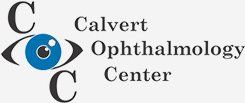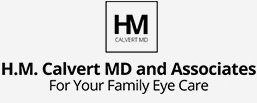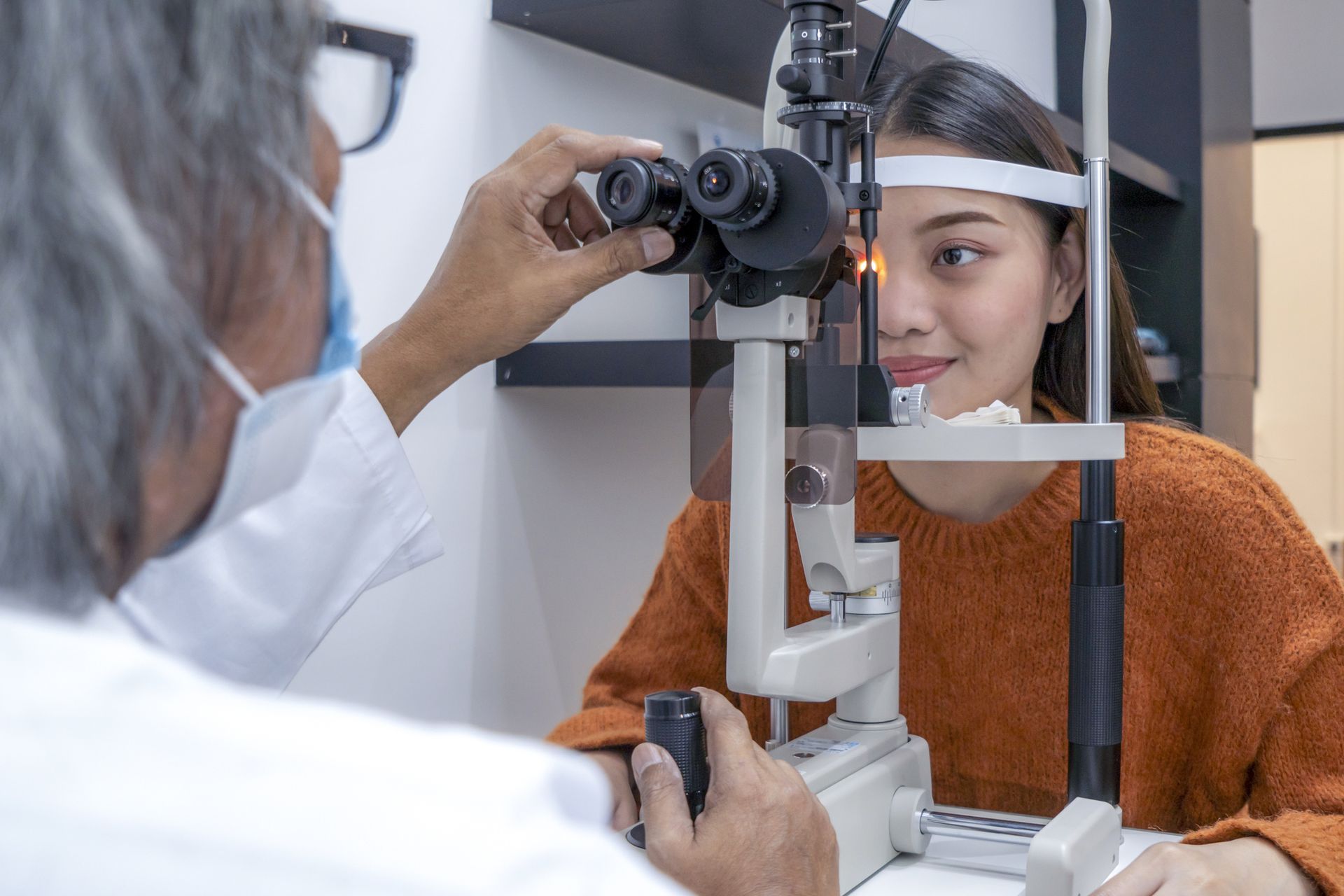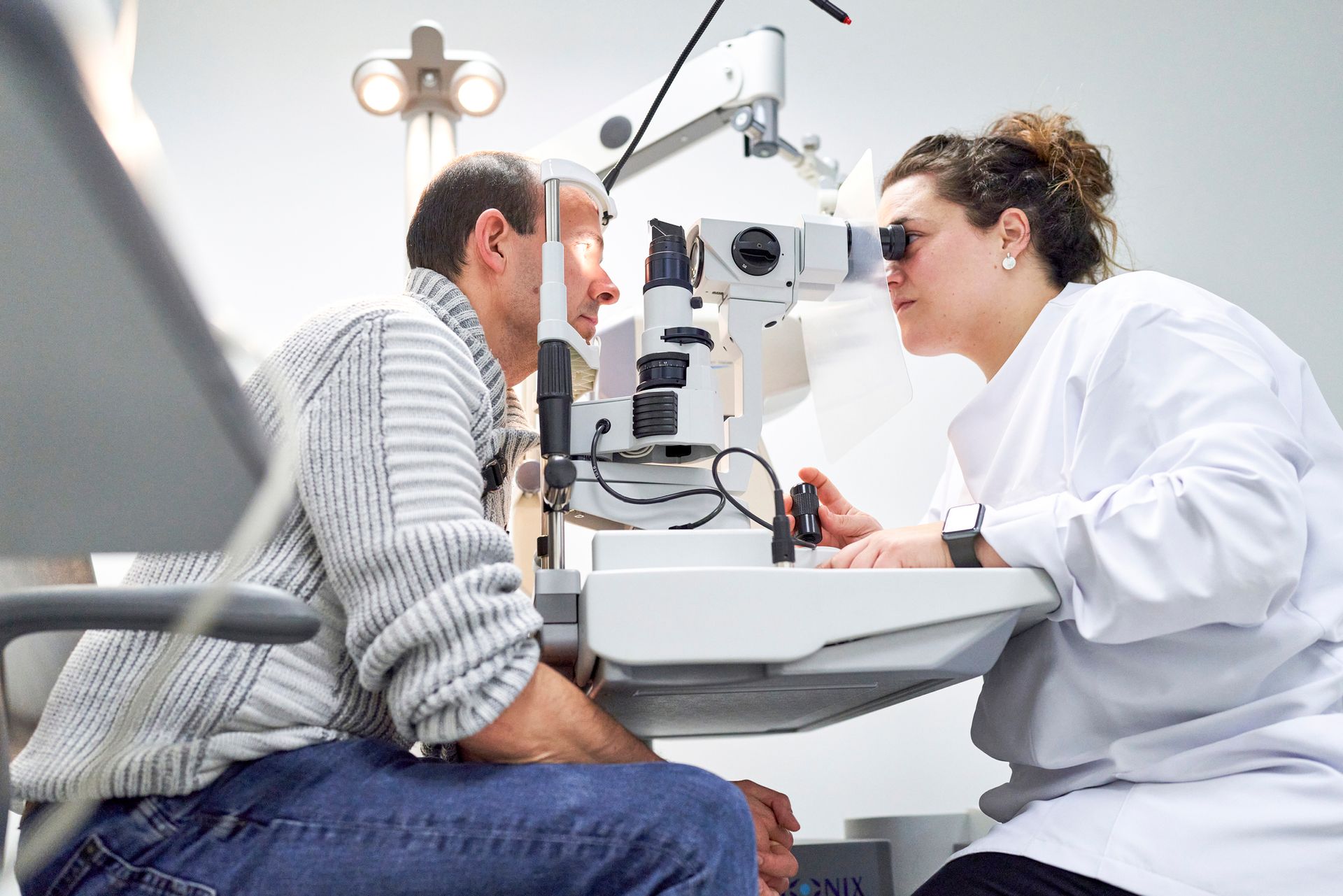Surgical Versus Non-Surgical Vision Correction: 3 Deciding Factors
Modern ophthalmology gives people with vision problems more corrective vision options than ever before. While many individuals get the results they need from traditional, non-invasive solutions such as glasses and contact lenses, others may need surgical vision correction. Still others face a choice between these two approaches.
A variety of details may play a role in the choice of non-surgical vision correction versus surgical vision correction, from the nature of the problem itself to your chances of enjoying optimal results. If you can't decide which treatment strategy to pursue, let these three deciding factors (and your ophthalmologist) guide your path.
1. The Nature and Severity of Your Vision Problem
Many vision issues require little to no treatment apart from corrective lenses. Glasses and contacts can compensate for most cases of nearsightedness, farsightedness, astigmatism, and presbyopia (a focus issue that develops after the age of 40). You might go your whole life needing nothing more than periodic prescription adjustments.
Eye conditions that cause severe refractive errors may require more invasive vision correction than corrective lenses can provide. Keratoconus, in which the corneas bulge outward, offers a case in point. Severe keratoconus that doesn't respond to conservative treatment may call for a corneal transplant.
Other vision problems respond well enough to corrective lenses, but only up to a point. If you suffer from cataracts, for instance, you might manage to correct your vision adequately with glasses or contacts for years. Eventually, however, your ophthalmologist may recommend surgery to remove advanced cataracts that threaten blindness.
2. Your Suitability for Vision Correction Surgery
Before you decide to commit to a corrective surgery such as LASIK, bear in mind that your own vital statistics may make the decision for you. Good candidates for this type of surgery must enjoy good overall health. In particular, conditions that interfere with your body's healing abilities may disqualify you from elective eye surgery.
The condition of your eyes will help play a role in determining whether you can receive surgical vision correction instead of glasses or contacts. If your corrective vision prescription changes dramatically from one exam to the next, you may need to wait until it settles down and grows relatively stable for considering surgery.
Your eye health can also influence what kind of surgery your eyes can and should receive. For instance, an extreme refractive error or unusually thin corneas may force you to forego LASIK in favor of a different procedure that offers similar results.
Even your current age can limit your ability to get vision correction surgery. Depending on the vision problem in question, you must pass either your 18th or your 21st birthday to qualify for the surgery.
3. Convenience and Quality of Life
If you've cleared all of the factors noted above, making you equally eligible for both non-surgical and surgical vision correction, your final decision may come down to how you feel about wearing, cleaning, and keeping up with glasses and contact lenses. For many people, these devices can present annoyances as well as solutions.
Glasses can prove less than suitable for high-impact activities such as sports. Even if you purchase shatter-resistant lenses, the frames themselves could give way on impact, possibly injuring you. Contacts don't pose this problem, but they get lost easily, harbor infections when improperly cleaned, and aggravate dry eye issues.
Surgical procedures such as LASIK can make everyday eyewear unnecessary, with the procedure itself taking only a few minutes for each eye. However, your eyes may need days, weeks, or even months to recover fully and give you the optimal eyesight you seek. You'll also need to schedule post-operative eye checkups.
Calvert Ophthalmology Center can evaluate the current state of your eyes and vision, discuss available treatment options, and help you choose between corrective lenses and surgical vision correction. Contact either of our officesfor an appointment.














